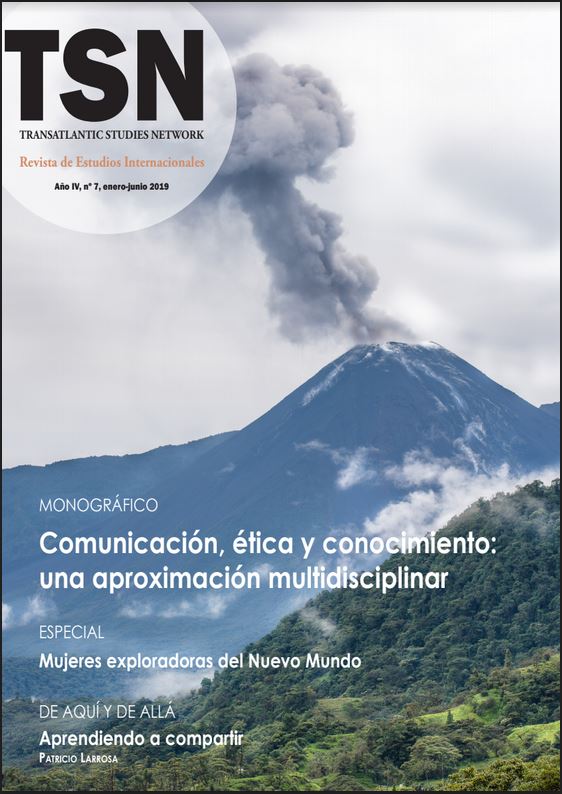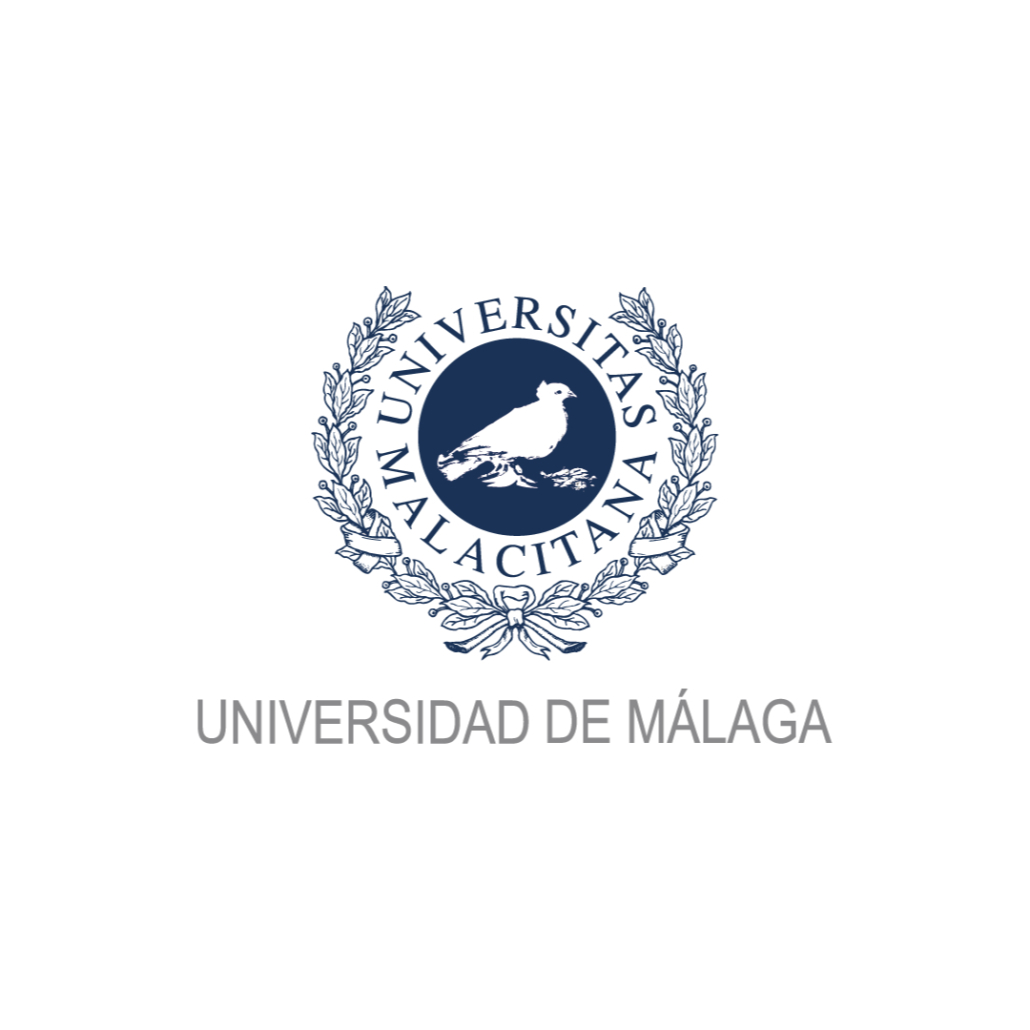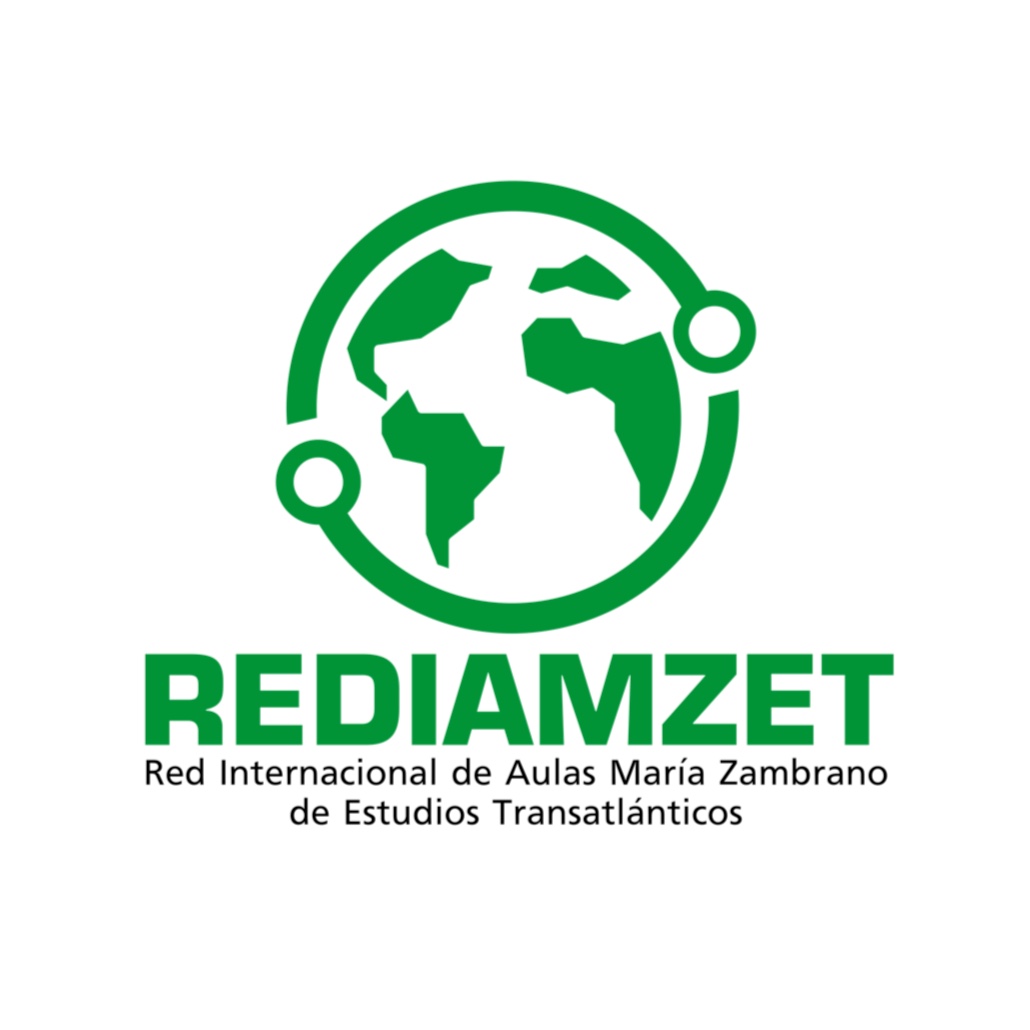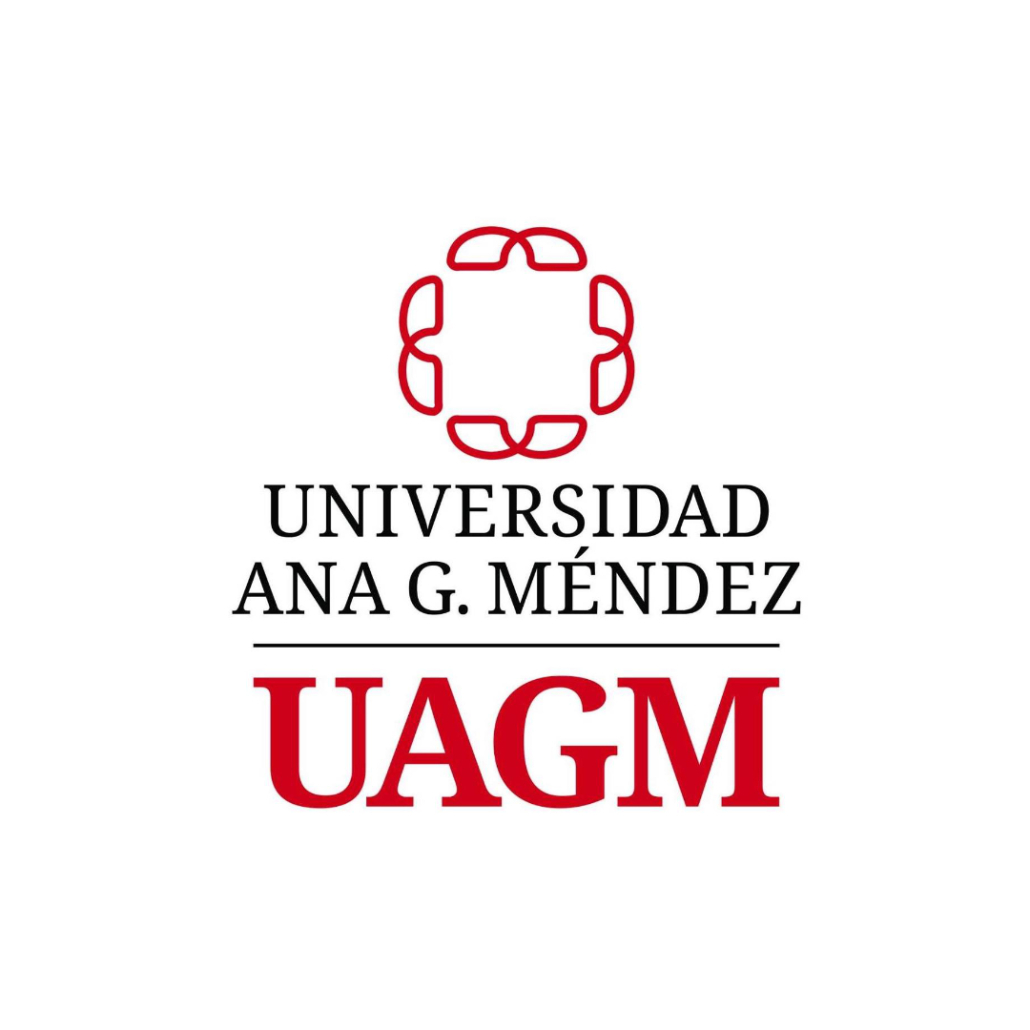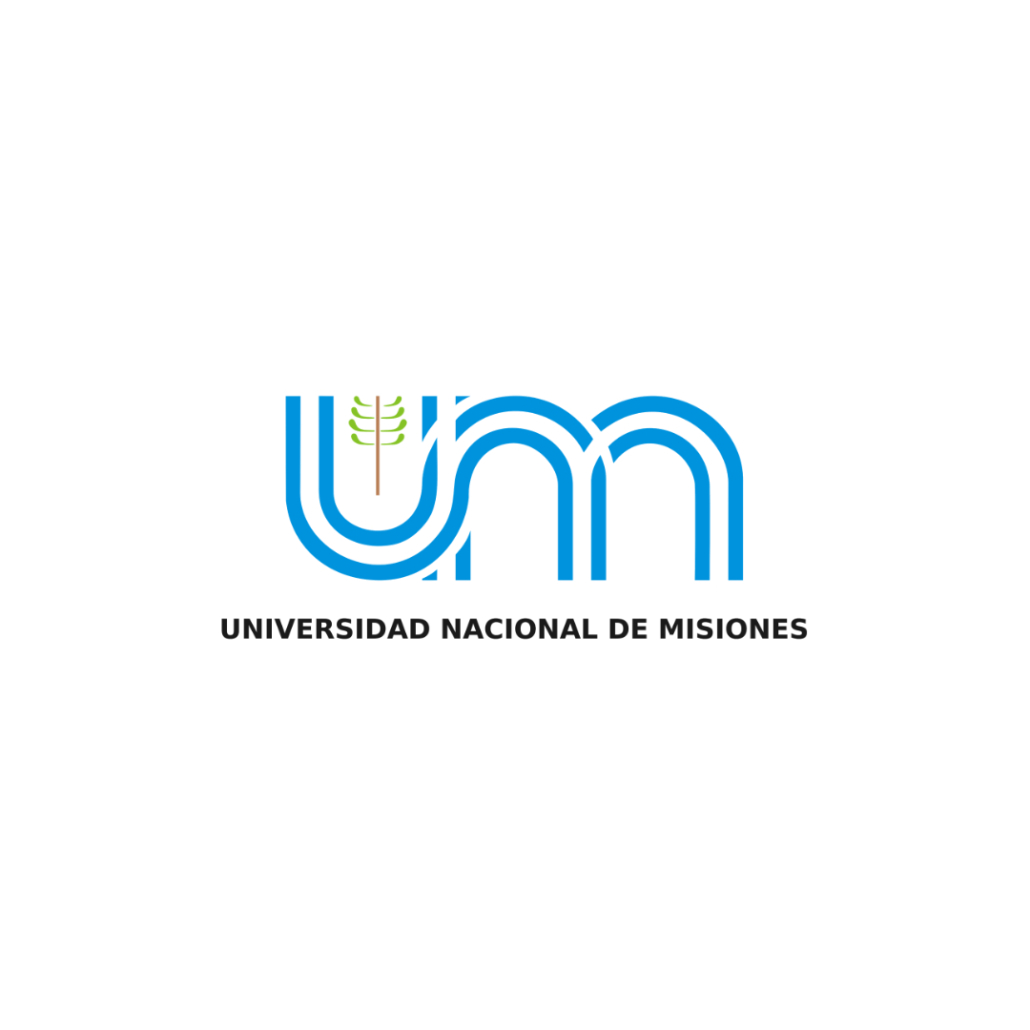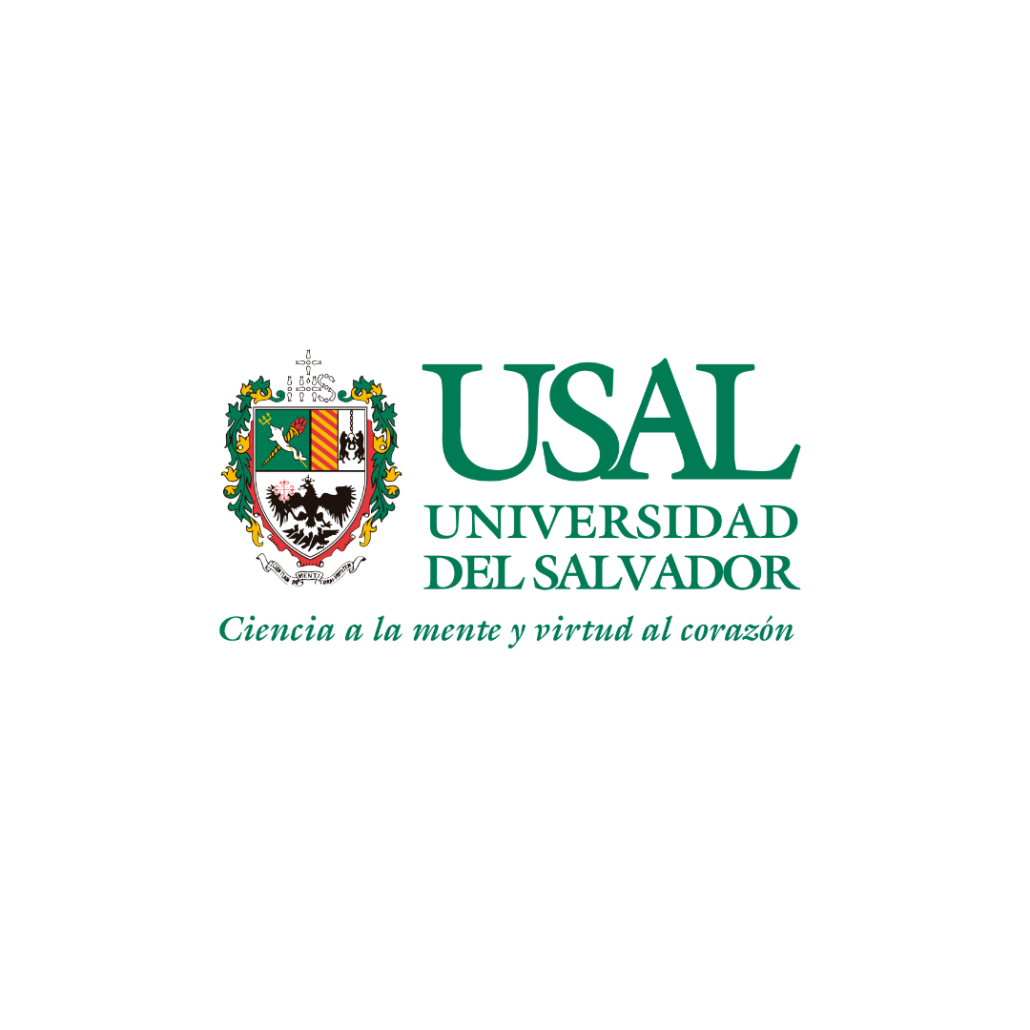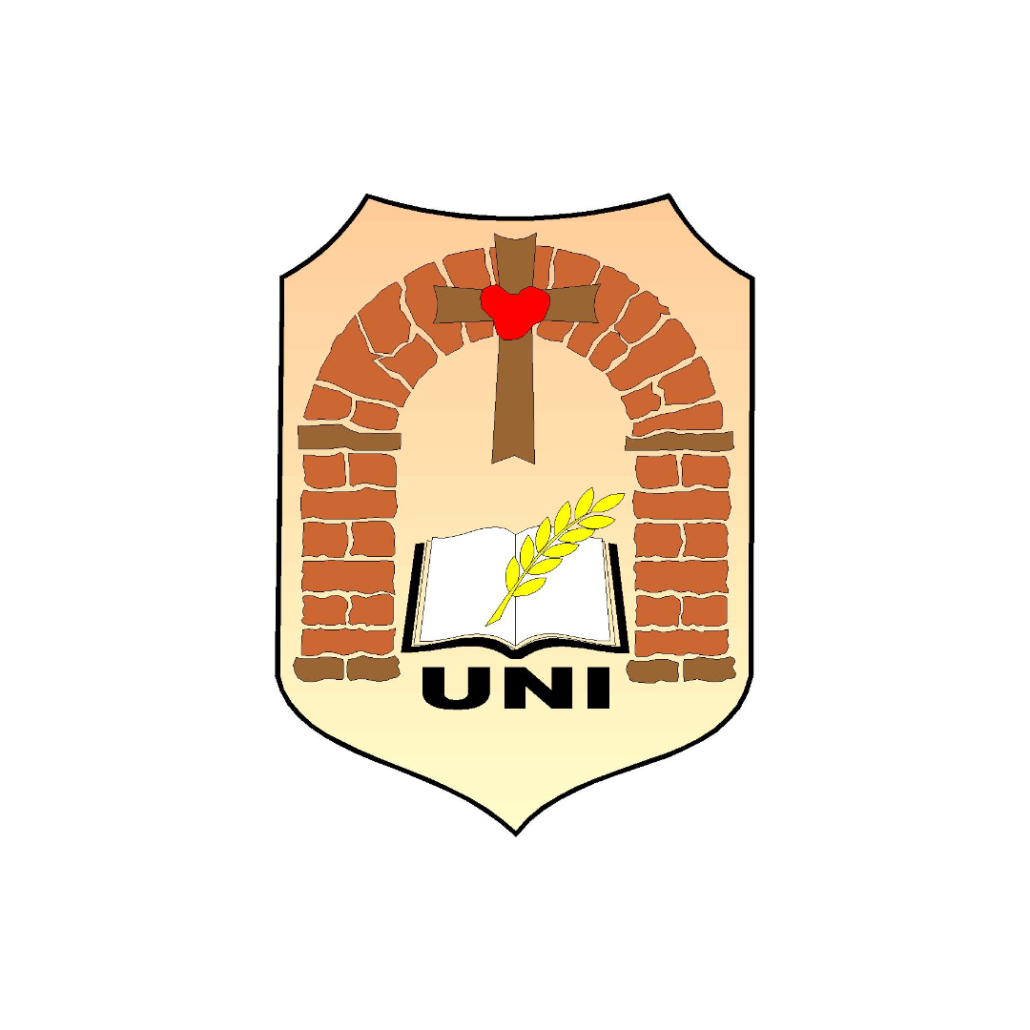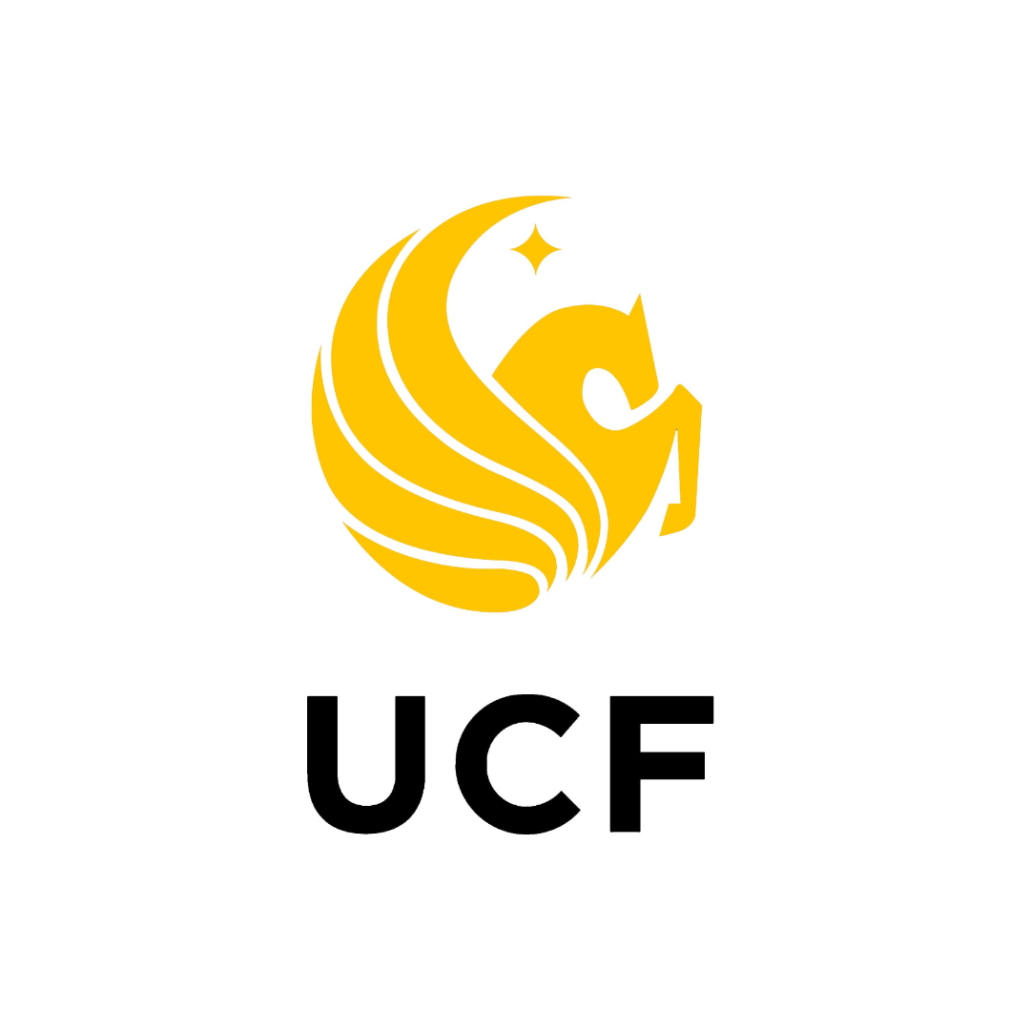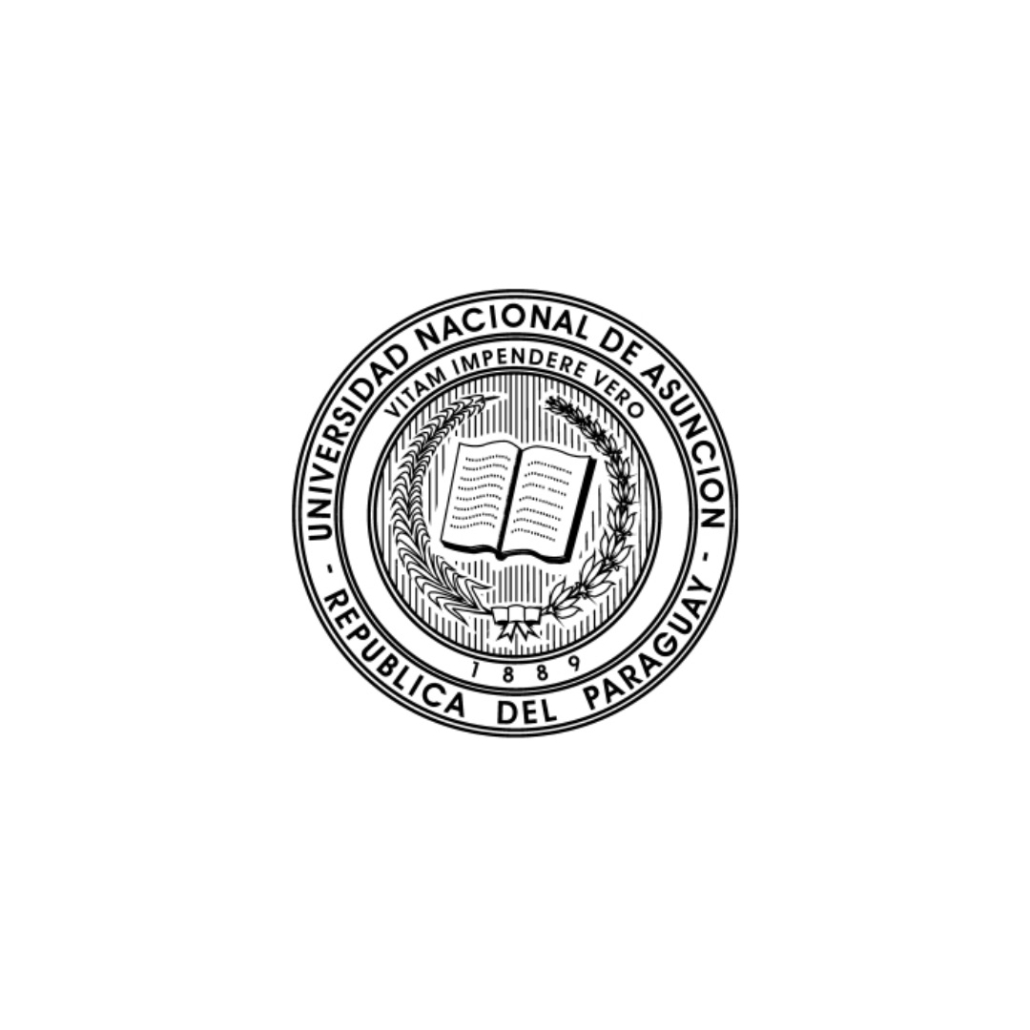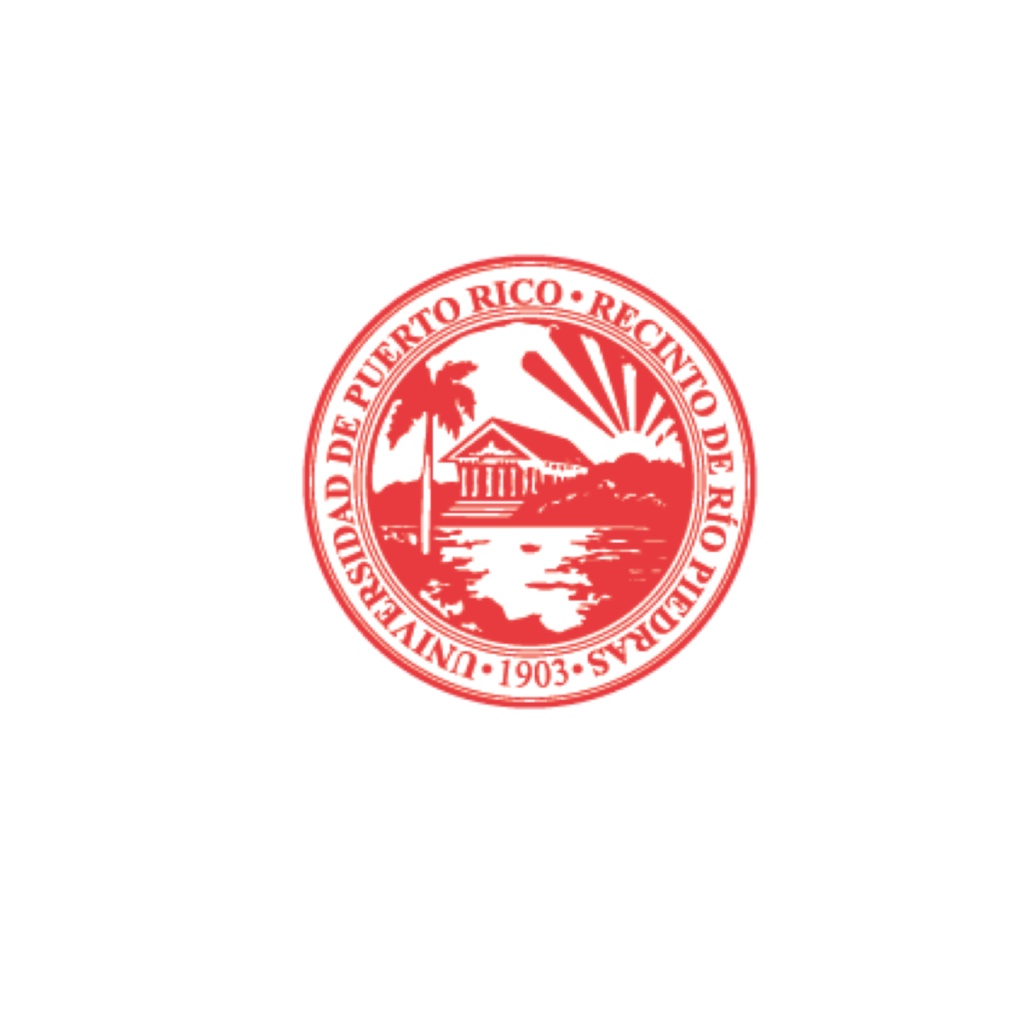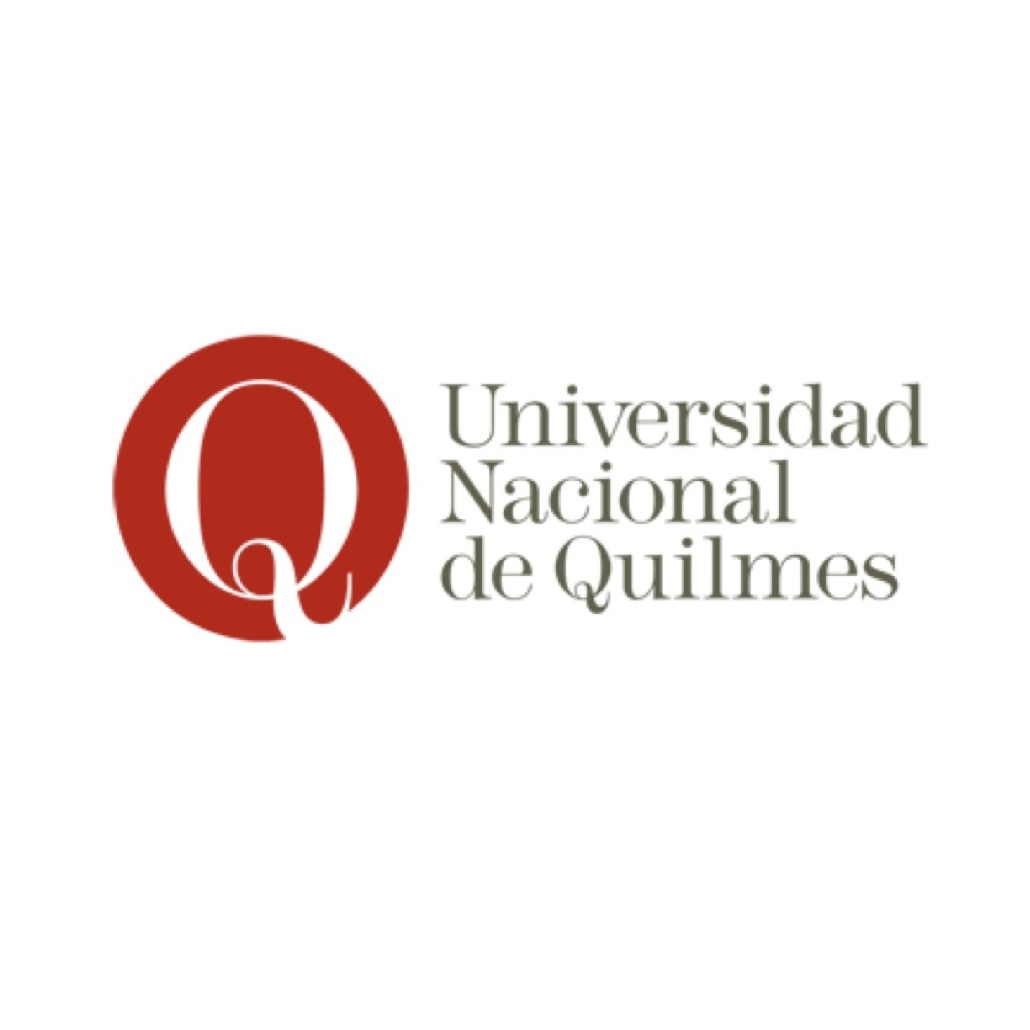The Jesuits in Paraguay (1610-1767)
Keywords:
Religious order, miscegenation, Paraguay, missionaries, jesuits, native people, colonies, catechizationAbstract
The Jesuit Province of Paraquaria was established in 1607 on a wide territory that is today part of Argentina, Brazil and Paraguay. The Missions are praised for their social, political and cultural contributions as for their misioneros and old acolytes, but even now many wonder whether the Order fostered progress in the neighboring provinces or in fact prevented their development.
While some academics highlight the Jesuits’ important role in preserving indigenous ecosystems —local language, arts and crafts, music and the Indians’ vast knowledge of botany and medicinal herbs—, others point to the Order’s undeserved advantages over the Province’s operational weaknesses and conflicts in commercial interests which led to violent armed battles between the Order’s “Army” and the comuneros (1724-1735).
Several years of relative peace followed until the Permuta Treaty were signed in 1750 by the Crowns of both Portugal and Spain, dictating that seven Jesuit towns should have been given to the Portuguese in exchange for the return of the Colonia del Sacramento. The agreement once again lit the fuse of disagreement and the indigenous tribes revolted.
In 1767, King Charles III expelled the Order of Jesus from Spain’s colonies following the examples of France and Portugal. In 1769, the reductions’ populations had reached 144,337, but when the expulsion was carried out they were abandoned and the dispersion of the indigenous. By the end of the century, the population of the reductions had been halved. The orderly life of the reductions was merely a
memory.
Downloads
Metrics
References
Cardozo, E. (s. f.): Apuntes de historia cultural del Para- guay (vol. XI). Asunción (Paraguay): Biblioteca de Estudios Paraguayos. Universidad Católica de Asunción.
Furlong, G. (1933): Los jesuitas y la cultura rioplatense. Montevideo (Uruguay): Urta y Corbello.
Haubert, M. (1991): La vida cotidiana de los indios y jesuitas en las misiones del Paraguay. Madrid: Temas de Hoy.
Roulet, F. (1993): La resistencia de los guaraní del Paraguay a la conquista española (1537-1561). Posadas (Argentina): Universidad Nacional de Misiones.
Zubizarreta, C. (1964): Historia de mi ciudad. Asunción (Paraguay): EMASA.
Downloads
Published
How to Cite
Issue
Section
License
Copyright (c) 2024 TSN. Transatlantic Studies Network

This work is licensed under a Creative Commons Attribution-NonCommercial-ShareAlike 4.0 International License.

